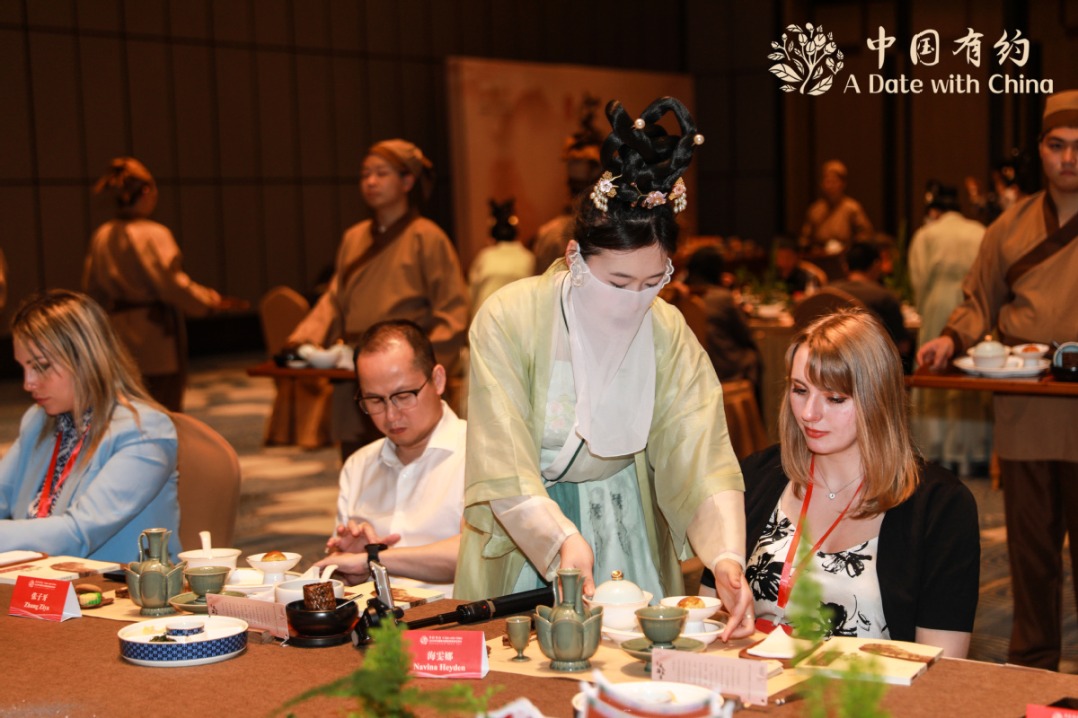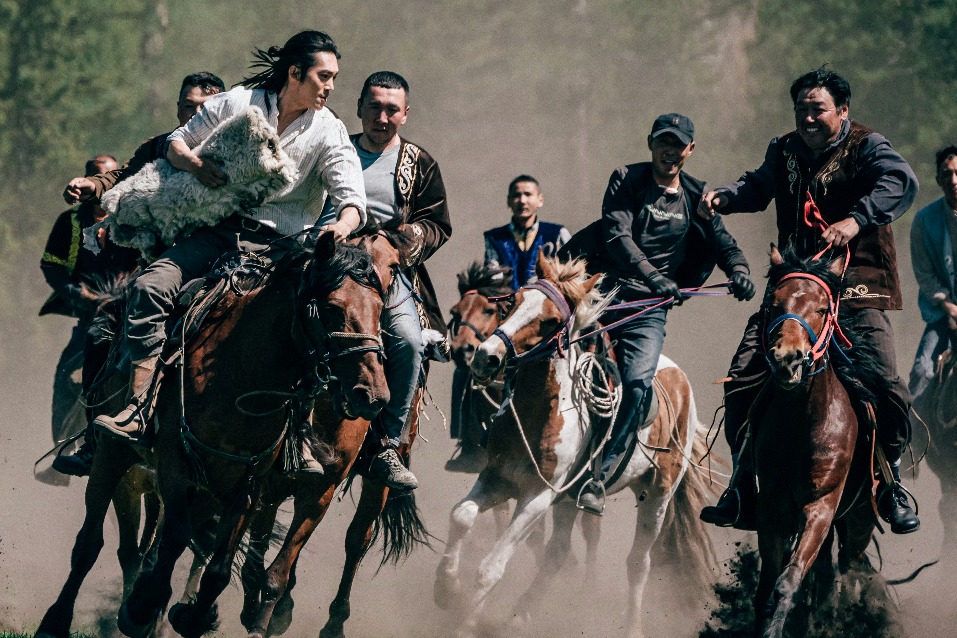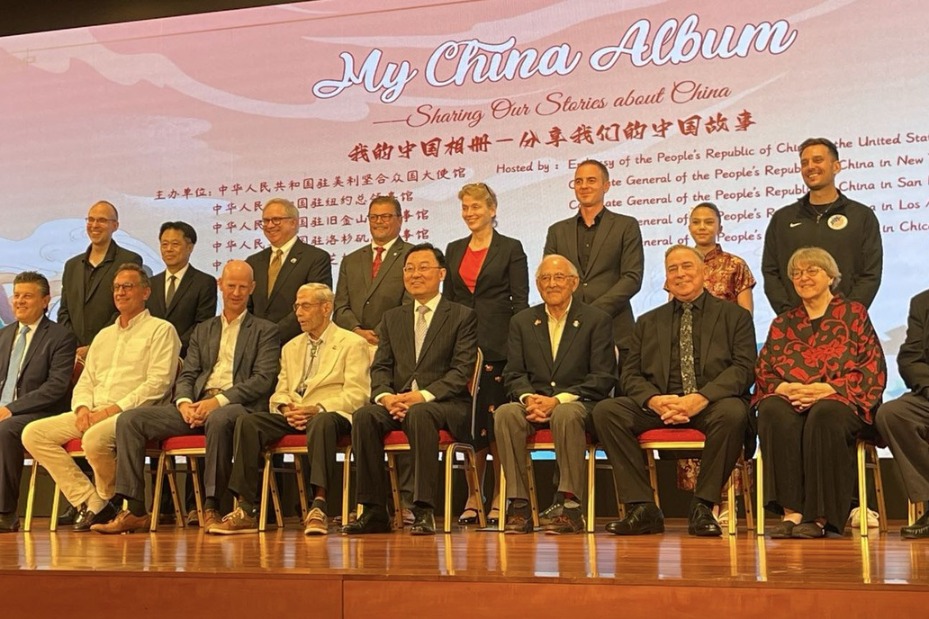Liaoning villagers celebrate Manchu heritage
By Yang Feiyue/Wu Yong | China Daily | Updated: 2019-07-30 08:06

A village continues to draw Manchu descendants from across the country, keen to reconnect to their imperial roots.
On the 13th day of the fifth month in the Chinese lunar calendar (June 13 this year), many Manchu people will gather at Puhe village in northeastern Liaoning province's capital Shenyang.
The day marks the founding of the local ancestral temple and the birthday of Guangong, or Guan Yu, a famous general from Chinese history.
The temple honors Aisin Gioro, the clan of Manchu emperors, and has two tablets displaying the merits of village's ancestors.
The tablets are centuries-old and have been designated antiques by the local government.
People come to attend a ceremony and worship Guan Yu and their ancestors.
"People were everywhere, and we had to leave our car far away and walk in," says Shao Fengli, an associate professor from Liaoning University's College of Liberal Arts.
Shao was there for the celebration last year, which fell on June 26.
About 90 percent of the local villagers are descendants of imperial families of the Qing Dynasty (1644-1911).
Locals mostly live on fishing and farming.
"Manchu people value their ancestral culture a lot and are influenced by Confucian ethics," Shao says.
"Therefore, they uphold loyalty, valiance and filial piety."
At the event, people dress in typical Manchu attires and wear red flowers on their chest as they wait for the ceremony to begin.
They then kneel when a village elder delivers a ritual speech, which introduces the history of the Manchu and their families.
After the ceremony, villagers light firecrackers and burn incense to pray, followed by folk dancing and distinctive Manchu food.
Visitors can enjoy the colorful ethnic costumes and accessories, as well as exquisite music, getting a full measure of Manchu hospitality during the ceremony.
These activities are carried on by local villagers, and the local government is now planning to help spread the spirit of the ceremony.
Efforts will be put into developing local intangible cultural heritage and tourism next year, according to Shao.
























